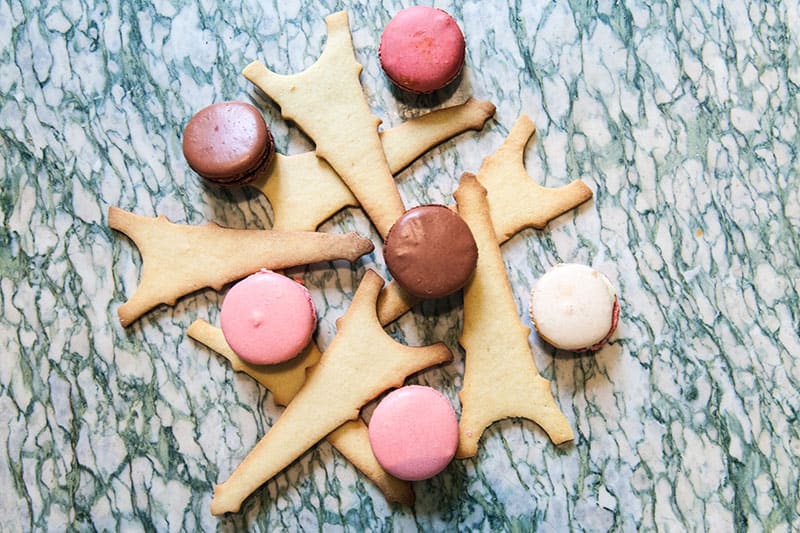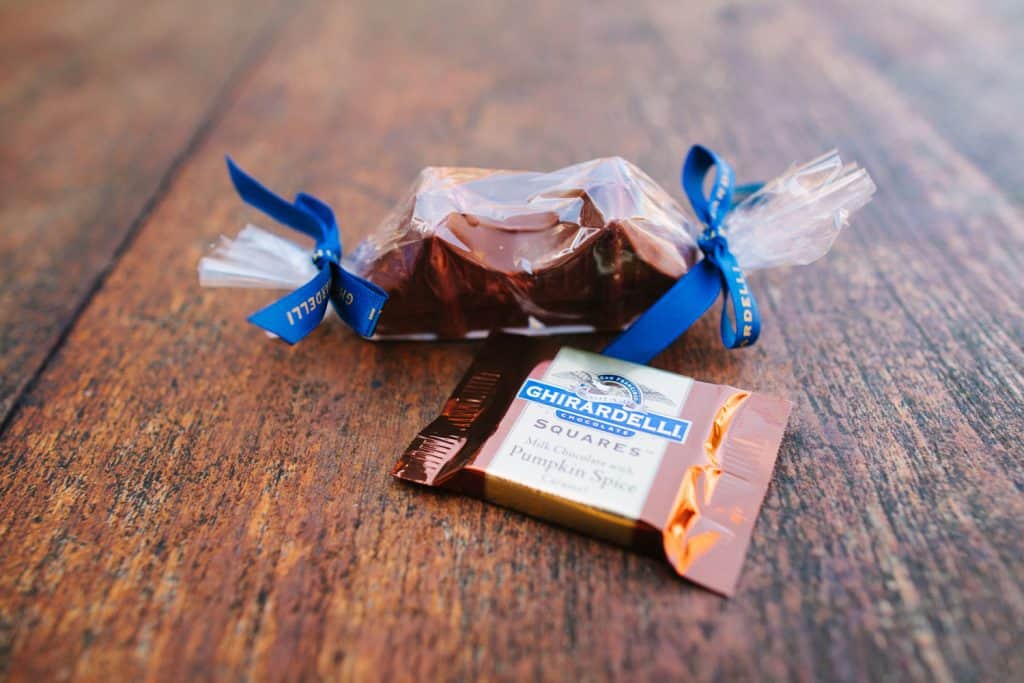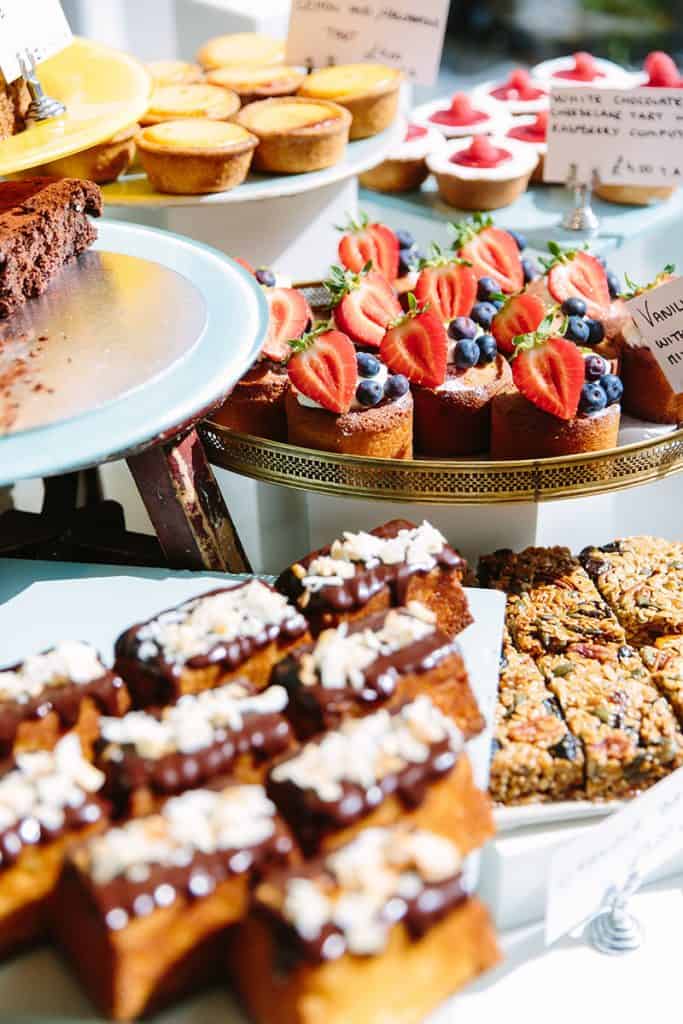
5 Iconic Easter Treats
By Sadra Sumner
The Origins of Candy at Easter

5. Marshmallow Peeps – a mainstay of Easter
The grand master of edible Easter decorations, this quintessential chick dates back to 1953. Russian-born founder Sam Born created the brand ‘Just Born’, a lesser-known confectionary name that specializes in peep production. Now based in Bethlehem, Pa, the irony of the Peep’s birthplace being synonymous with Jesus’ isn’t lost on us.
4. Peanut Butter Eggs – a bite-size treat
Another Pennsylvania all-star, Reese’s peanut butter egg first debuted here in 1966. It wasn’t a big stretch for the chocolate/peanut butter giant, but their egg-like form made them an Easter must-have. The Reese’s brand alone now has 130+ products. Peanut butter + chocolate: a match made in Hershey heaven.

3. Cadbury Cream Egg – an Easter classic
A royal treat, this 1875 concoction was patented by John Cadbury as he attempted to out-chocolate his competition. The cream filling, which wasn’t added until 1963, now varies from country to country. Other controversies abound, but we think the iconic egg is here to stay.
2. Jelly Beans – colorful non-chocolate treats
Colorful and ready to pop into your mouth, jelly beans make for a great post-dinner treat bowl. Jelly Belly has cornered the gourmet jelly bean market, coming onto the scene in 1976. With funky flavors like toasted marshmallow and the first non-fruit flavored jelly bean – chocolate pudding, the variety makes them hard to pass up.
1. Classic Chocolate Bunny – Easter’s centerpiece
The gold-wrapped, red-collared Lindt bunny represents a simple Easter pleasure. It’s a milk chocolate delight disguised in a whimsical rabbit shape. There is nothing quite as symbolic of Easter treats than this little guy at the end of an aisle. Or for many, on their kitchen table.



